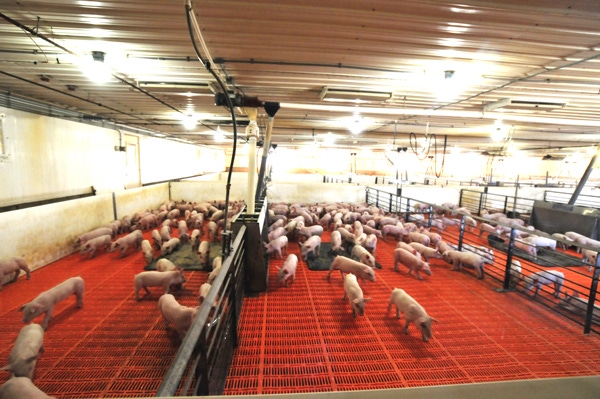Proposal for More Antibiotic Data ‘Waste of Resources’
May 10, 2013

Proposed legislation by three senators calling for more data on use of antibiotics in food-producing animals will not prove informative, says Iowa State University veterinary blogger Scott Hurd.
“As one who loves and lives by data, I can hardly believe that I am writing this. The proposed bill by senators Kirsten Gillibrand (D-NY), Dianne Feinstein (D-CA), and Susan Collins (R-ME) would be an uninformative and expensive waste of resources. We do not need more data on one half of the equation. My rationale for such an opinion is carefully described in a paper published by the Food and Drug Law Institute.
“I am a big supporter of increased data on antibiotic use. In fact, I developed an on-line drug treatment recording system in conjunction with the National Pork Board and GlobalVetLink. That system is not widely adopted because we have not found a good way to make it informative, as it lacks data on the outcomes or results of the treatment (the other half of the equation). The problem would be similar for a national database on detailed drug use, as proposed in this new bill. Even if the Food and Drug Administration (FDA), drug companies, feedmills and farmers could find a way to provide the data requested by this bill, the results would be meaningless.
Like what you’re reading? Subscribe to the National Hog Farmer Weekly Wrap Up newsletter and get the latest news delivered right to your inbox every Friday!
“Why do I say it would be meaningless? The reason is that there is limited data on the outcome, or the other half of the equation. The outcome of concern for this bill seems to be antibiotic resistance in humans, specifically related to on-farm antibiotic use. However, data on human cases of Vancomycin-resistant Enterococcus (VRE) or Staphylococcus aureus(MRSA) are not very useful, as those infections do not originate on farm – they originate in health care settings. A quick look at the top resistant bacteria of concern to the Centers for Disease Control shows little connection to the farm.
“What is needed is better data on the changing resistance patterns of farm-related bacteria in relation to antibiotic use. The National Antimicrobial Resistance Monitoring System (NARMS) attempts to collect these data, but more data are needed. For years, farmers and veterinarians have been asking for increased funding for NARMS to provide a better sample size as well as a better analytical interpretation. Problems with a shortage of data for NARMS analysis were highlighted recently when FDA had to respond to misinterpretations of the data by the Environmental Working Group.
“It is interesting to me that senators from the left coast (California) as well as the right coast (New York and Maine) are supporting additional costs to farmers in the middle of the country, when those farmers are working so hard to feed all these people on the coasts.”
You might also like:
New Mandatory Reporting is Good, but not without Pain
You May Also Like


